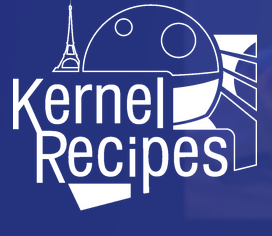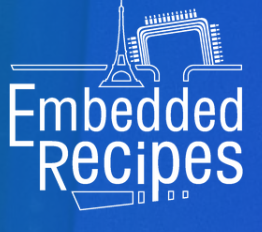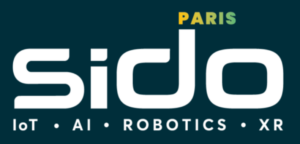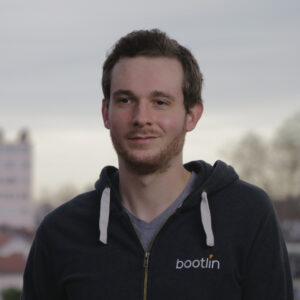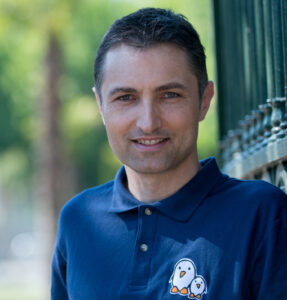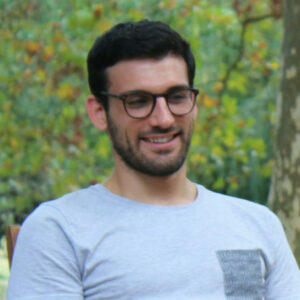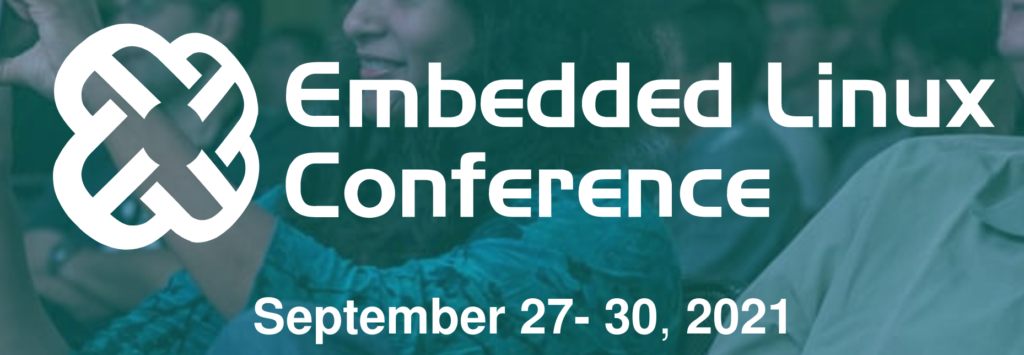 Tomorrow, on May 18, the third edition of Live Embedded Event will take place. Live Embedded Event is a free and fully online conference, dedicated to embedded topics at large. One can register directly online to receive a link to attend the conference.
Tomorrow, on May 18, the third edition of Live Embedded Event will take place. Live Embedded Event is a free and fully online conference, dedicated to embedded topics at large. One can register directly online to receive a link to attend the conference.
Bootlin will be participating to this third edition, with 3 talks from 3 different Bootlin engineers:
- Michael Opdenacker on LLVM tools for the Linux kernel, at 12:00 UTC+2 in Track 3. Details: Recent versions of Linux can be compiled with LLVM’s Clang C language compiler, in addition to Gcc, at least on today’s most popular CPU architectures. This presentation will show you how. Cross-compiling works differently with Clang: no architecture-specific cross-compiling toolchain is required. We will compare the Clang and Gcc compiled kernels, in terms of size and boot time. More generally, we will discuss the concrete benefits brought by being able to compile the kernel with this alternative compiler, in particular the LLVM specific kernel Makefile targets: clang-tidy and clang-analyzer.
- Grégory Clement on AMP on Cortex A9 with Linux and OpenAMP, at 15:30 UTC+2 in Track 2. Details: While, usually, the Cortex A9 cores are used in SMP, one could want use one of the core to run an other OS. In this case the system becomes AMP. Typically, it allows running a dedicated real time OS on a core. This presentation will show the step that allow having this support using open sources stacks. First we will see what OpenAMP is, then how the Linux kernel can communicate with external OS using remote proc message, and finally what to adapt in the Linux kernel and OpenAMP in order to support the usage of a Cortex A9. This was experimented on an i.MX6 but the solution presented has the advantage to be easily adapted on any SoC using Cortex A9.
- Thomas Perrot on PKCS#11 with OP-TEE at 15:00 UTC+2 in Track 2. Details:
PKCS#11 is a standard API that allows to manage cryptographic tokens, regardless of the platform such as Hardware Security Modules, Trusted Plaform Modules or smart cards. Moreover, modern processors offer a secure area, named Trusted Execution Environment (TEE) that allows the isolation of some operations, datas and devices to guarantee their integrity and confidentiality. OP-TEE is an open source implementation of Trusted Execution Environment that runs in parallel with the operating system, as a companion. In this talk, we will first introduce PKCS#11, then OP-TEE, and finally look at how PKCS#11 operations can be performed through OP-TEE, and what are the benefits. Our presentation will be illustrated with examples based on the NXP i.MX8QXP platform, but should be applicable to other platforms that have OP-TEE support.
Join us at Live Embedded Event, and discover our talks as well as the many other talks from other speakers!

